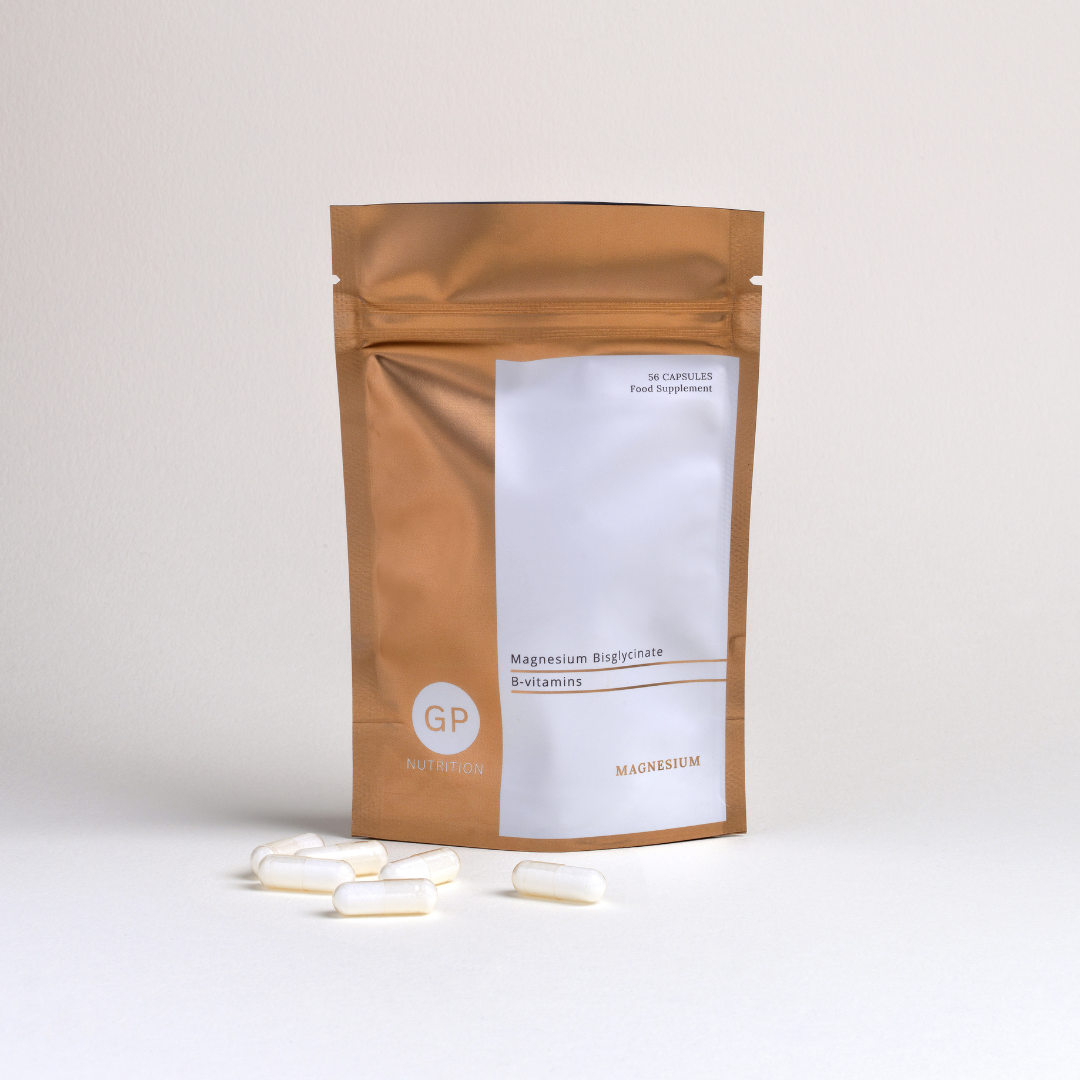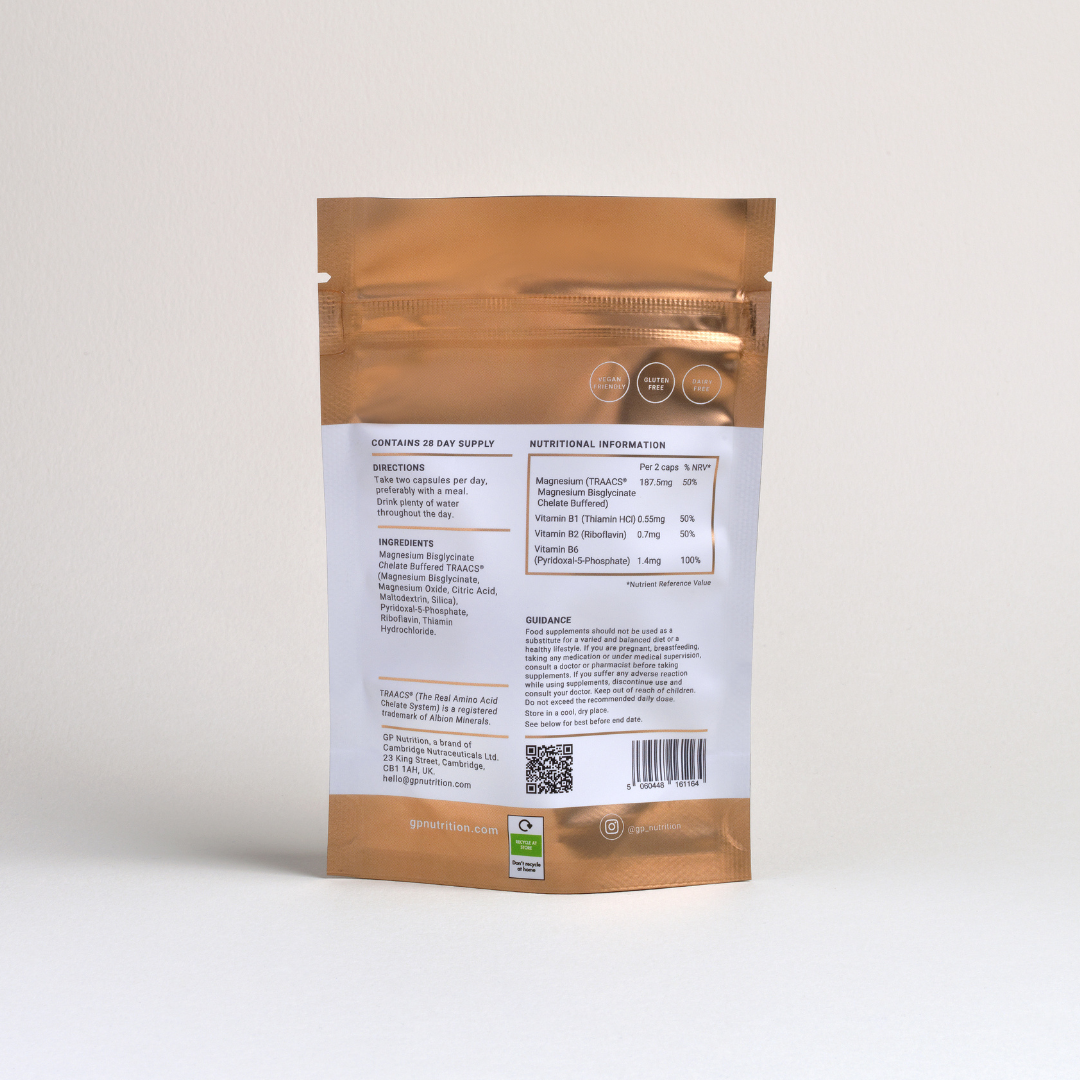
When we hear the term ‘gut’ we often just think of the stomach, but in actual fact, the gastrointestinal system (GI) stems all the way from the mouth to the rectum, involving the stomach, small intestines, pancreas, gallbladder, large intestine and colon along the way.
The GI system is the passageway of the digestive system and is home to trillions of microorganisms and over 1000 different species of gut bacteria, all of which play a crucial part in maintaining a healthy body.
The idea of microorganisms and bacteria living within the gut can sound a little unnatural, but in reality, embracing and educating yourself on the importance of microbes and gut health can and will contribute to a variety of health benefits including; healthy digestion, better cognitive and mental health, a stronger immune system, balanced appetite and higher energy levels.
This flourishing micro kingdom needs to be balanced in order to do its miraculous job properly, but can easily be disrupted by common environmental factors such as stress, poor sleep, prescription medication and diet, resulting in the opposite.
Poor gut health also leads to common digestive issues including bloating, irritable bowel syndrome (IBS) and leaky gut, as well as a spanning an array of other health concerns such as weight gain and high blood pressure.
In short - it pays to nourish your gut microbiome.
Tell me more…
Aside from aiding digestion, the gut microbiota work collaboratively to support many essential systems within the body, allowing them to function optimally.
You might have heard the gut referred to as the ‘second brain’, and this is absolutely true. The gastrointestinal lining houses an elaborate network of 100 million neurons, which communicate with the central nervous system. The balance of the microbiota can directly influence our emotions, moods and general health.
We often refer to serotonin as the body’s ‘happy neurotransmitter’ but it also plays an integral role in appetite, digestion, sleep, memory and mental health. Around 95% of serotonin comes from the cells in the microbiome, so a happy gut is a happy mind!
Having an imbalanced microbiota can compromise the intestinal barrier. Pathogens (microorganisms that can cause disease), toxins and foreign particles may then escape into the bloodstream, where they get picked up again by the portal vein and redirected back to the liver. This puts pressure on the liver and can span another list of health concerns.
Taking it back a step, the immune system is responsible for identifying those pathogens. Around 70% of the body’s immune system is housed in the gut-associated lymphoid tissue (GALT) within the gut microbiome, so from whichever angle you look at it, maintaining optimal gut health is essential.

Supporting the gut microbiome
As with any living organism, the bacteria within the gut microbiome require nutrients to perform their function, synthesising essential nutrients. Microbiota ferment and feed on any remaining proteins, fibres, starches, or sugars after the body has extracted what it needs from the food we consume. For this reason, it is essential that we fuel the body with a diverse, nutrient-dense diet.
When we consume processed foods or foods low in nutrients, there is very little for the microbiota to feed on and this can result in poor digestive function.
Fermented foods and eating a rainbow diet is a great place to start, but the best and most important nutrient for nourishing the gut microbiome is fibre. Fibre has a prebiotic effect, directly feeding the good gut bacteria.
More than 70% of adults in the UK do not get their recommended 30g of fibre on a daily basis.
Fresh fruits and vegetables, lentils, beans, nuts and whole grains are all great sources of fibre, but despite following a healthy diet, more than 70% of adults in the UK do not get enough fibre on a daily basis.
When fibre ferments within the microbiome, anti-inflammatory short-chain fatty acids are produced which work to strengthen and improve the function of the digestive system, spanning the health benefits mentioned above. Glucomannan, the fibre source found in Fibre is a great way to supplement fibre intake and will provide a prebiotic effect.






Leave a comment
All comments are moderated before being published.
This site is protected by hCaptcha and the hCaptcha Privacy Policy and Terms of Service apply.